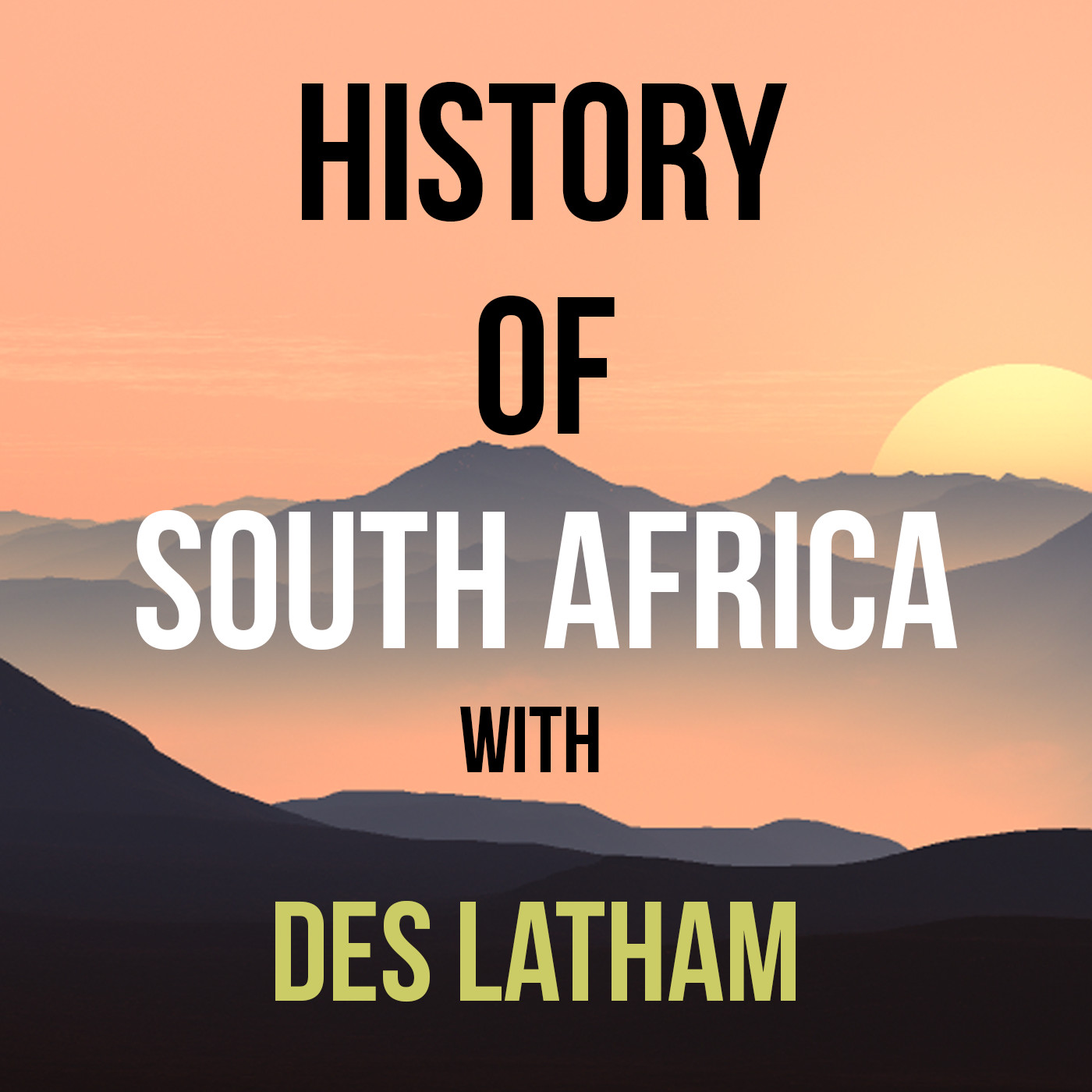- History
- SEE MORE
- classical
- general
- talk
- News
- Family
- Bürgerfunk
- pop
- Islam
- soul
- jazz
- Comedy
- humor
- wissenschaft
- opera
- baroque
- gesellschaft
- theater
- Local
- alternative
- electro
- rock
- rap
- lifestyle
- Music
- como
- RNE
- ballads
- greek
- Buddhism
- deportes
- christian
- Technology
- piano
- djs
- Dance
- dutch
- flamenco
- social
- hope
- christian rock
- academia
- afrique
- Business
- musique
- ελληνική-μουσική
- religion
- World radio
- Zarzuela
- travel
- World
- NFL
- media
- Art
- public
- Sports
- Gospel
- st.
- baptist
- Leisure
- Kids & Family
- musical
- club
- Culture
- Health & Fitness
- True Crime
- Fiction
- children
- Society & Culture
- TV & Film
- gold
- kunst
- música
- gay
- Natural
- a
- francais
- bach
- economics
- kultur
- evangelical
- tech
- Opinion
- Government
- gaming
- College
- technik
- Jesus
- Health
- movies
- radio
- services
- Church
- podcast
- Education
- international
- Transportation
- Other
- kids
- podcasts
- philadelphia
- Noticias
- love
- sport
- Salud
- film
- and
- 4chan
- Disco
- Stories
- fashion
- Arts
- interviews
- hardstyle
- entertainment
- humour
- medieval
- literature
- alma
- Cultura
- video
- TV
- Science
- en
Episode 39 Rebel Coenraad de Buys, lover of Xhosa chief Ngqikas mother and a preamble to the Second Frontier War

This is episode 39 and we\u2019re going to meet one of the country\u2019s most incredible characters who\u2019s activities on the frontier in the late 1700s were to be forgotten.
\n
\nCoenraad de Buys was probably one of the most African of all trekboers as you\u2019re going to hear and the saga of his life was written out of text books long before apartheid. That was because he married Khoe and Xhosa women and lived amongst both people quite comfortably.
\n
\nAt the same time he was still a trekboer as you\u2019ll hear. He was also the original rebel, an ex-soldier who was nearly 7 feet tall. Coenraad de Buys is the most legendary, rougher, dominating and ruthless of all rebels, his presence on the frontier of the Cape colony dominated twenty years of South African history and he also as I said last episode symbolizes a lost route of Afrikaner history.
\n
\nIn the gallery of traditional Afrikaner heroes, de Buys has no place. He is merely a footnote in most writings including modern revisionist texts because he fits neither the race-obsessed romantic colonial historian nor the race-obsessed Pan-Africanist historians of the 21st century.
\nThe first Frontier War had ended in 1781 with the belief that Adriaan van Jaarsveld who we met last episode had expelled the Gqunukhwebe and Mbalu from the Zuurveld.
\n
\nBut these people moved back through the 1780s \u2013 and in fact it was doubtful that Tshaka\u2019s Gqunukhwebe had ever left they just moved away from the commando led by van Jaarsveld, then returned almost immediately after it disbanded.
\n
\nThe Gqunukhwebe believed they had a right to the territory \u2013 and at this point mother nature conspired to increase resource pressure. A major drought took place in the mid-1780s and many more Xhosa began appearing in the Zuurveld pastures. In 1789 for example, one description by an explorer spoke of 16 000 cattle on one Xhosa farm alone, inhabited by several thousand Xhosa people.